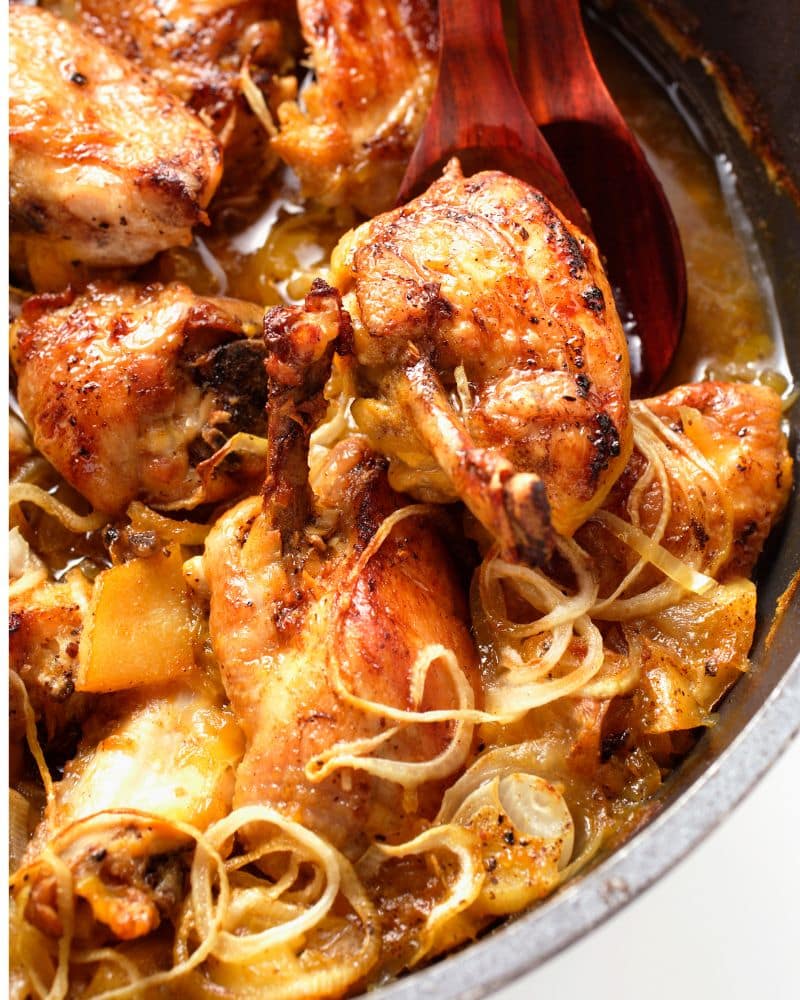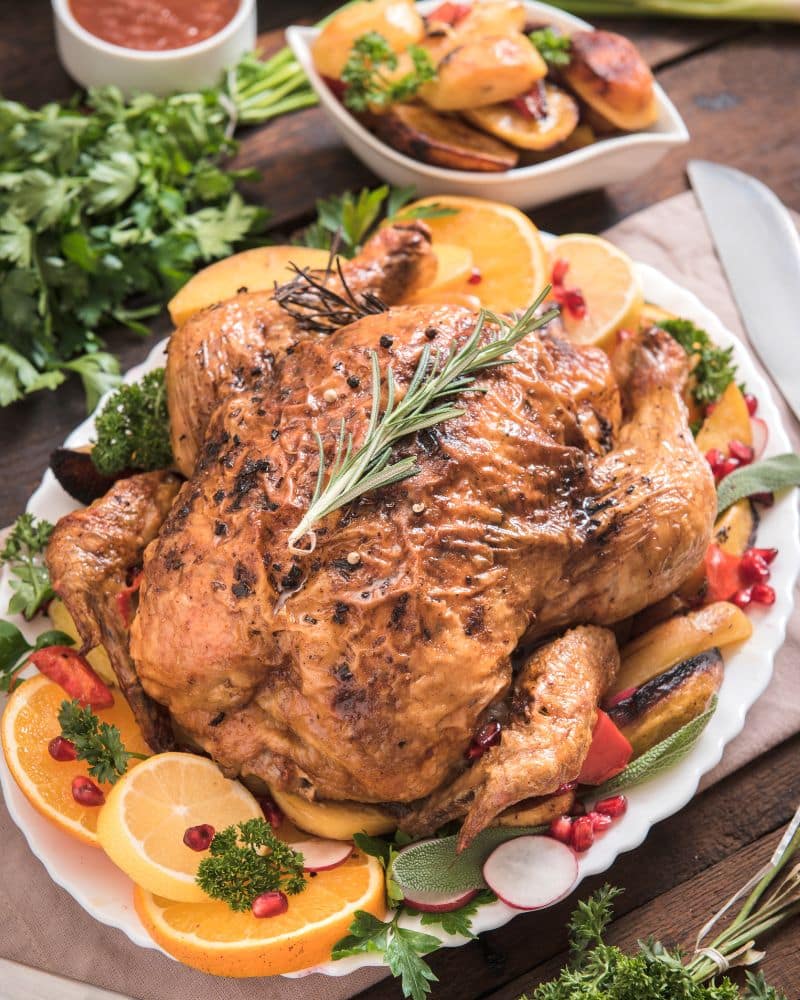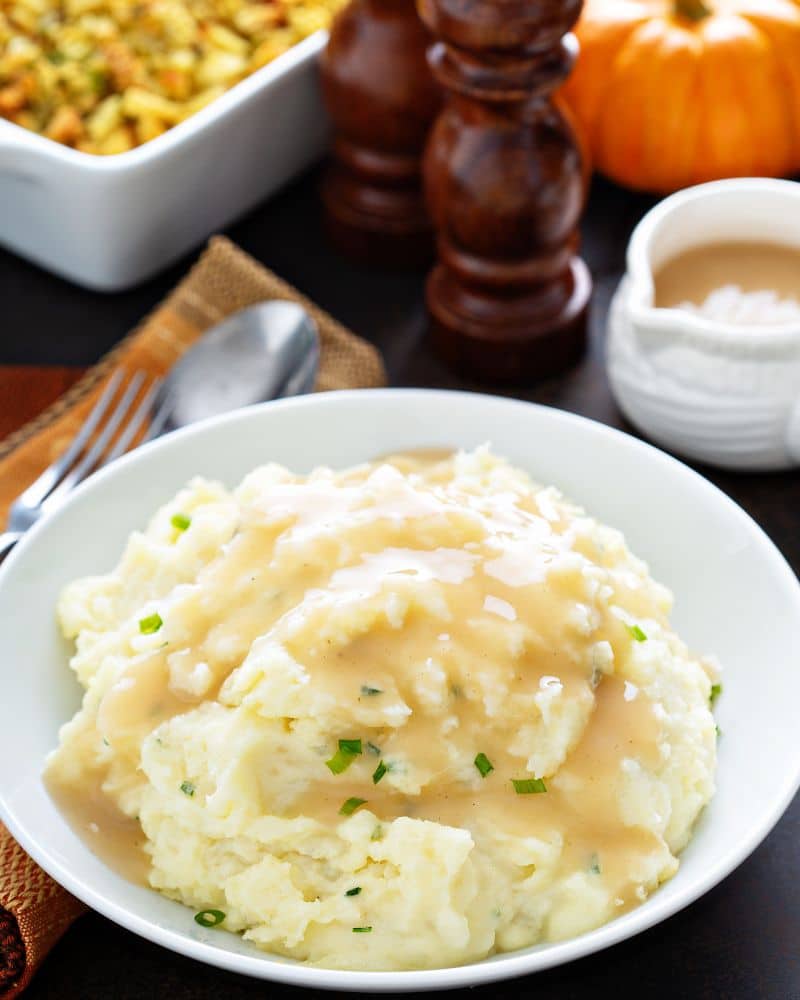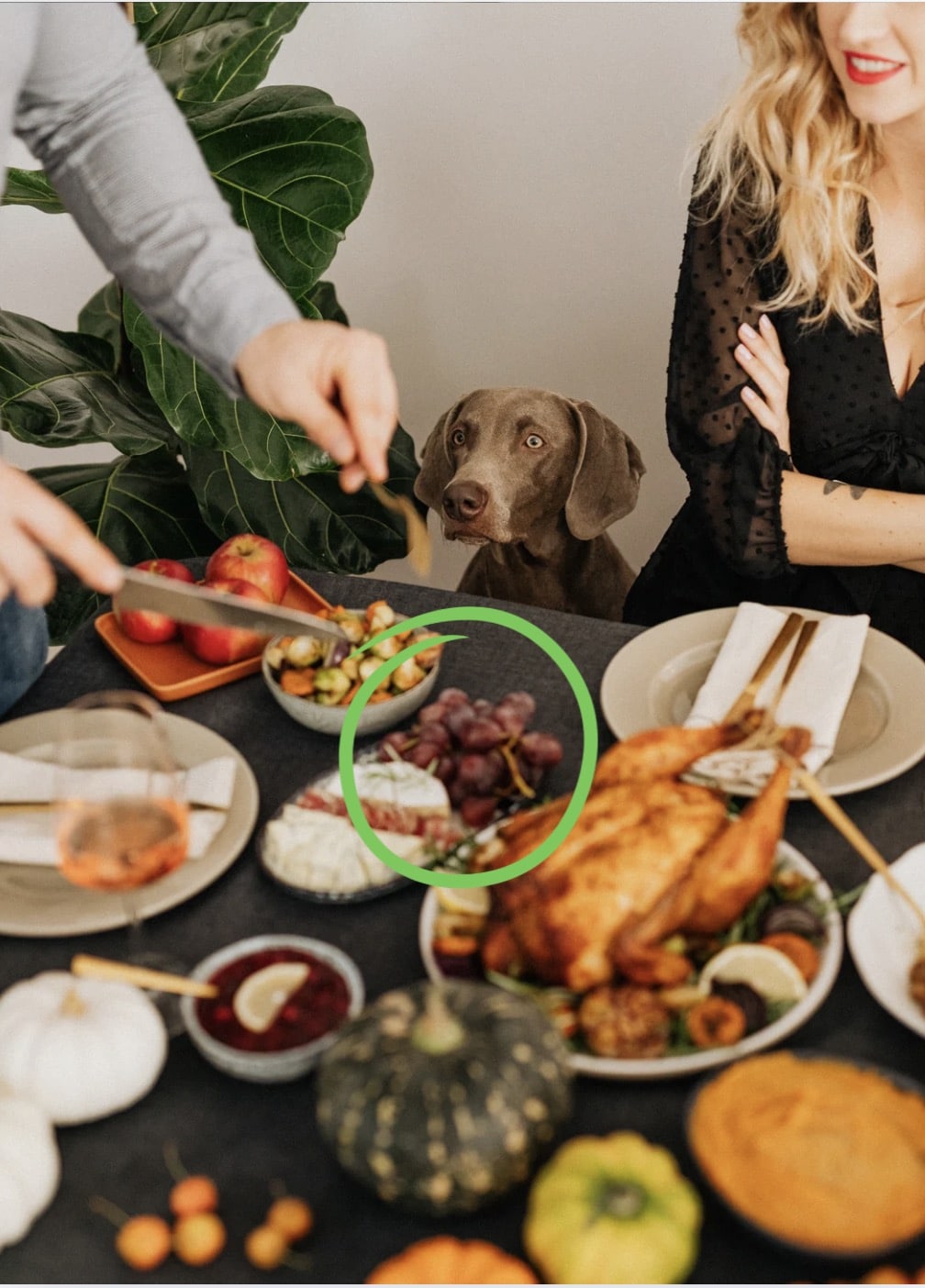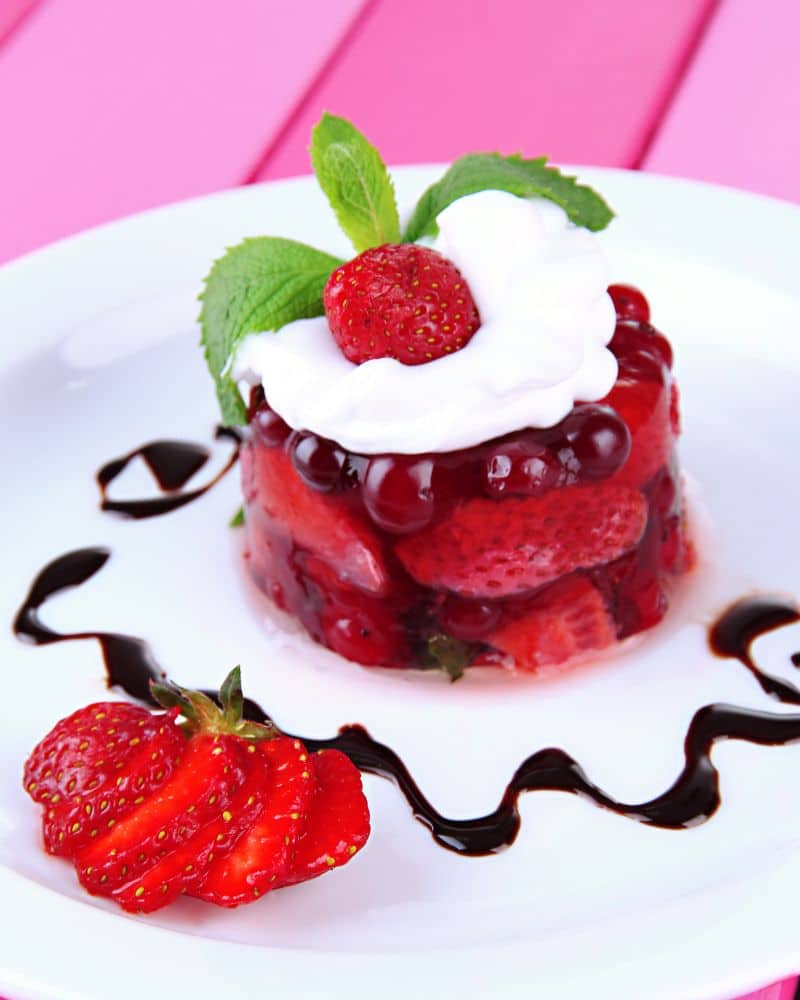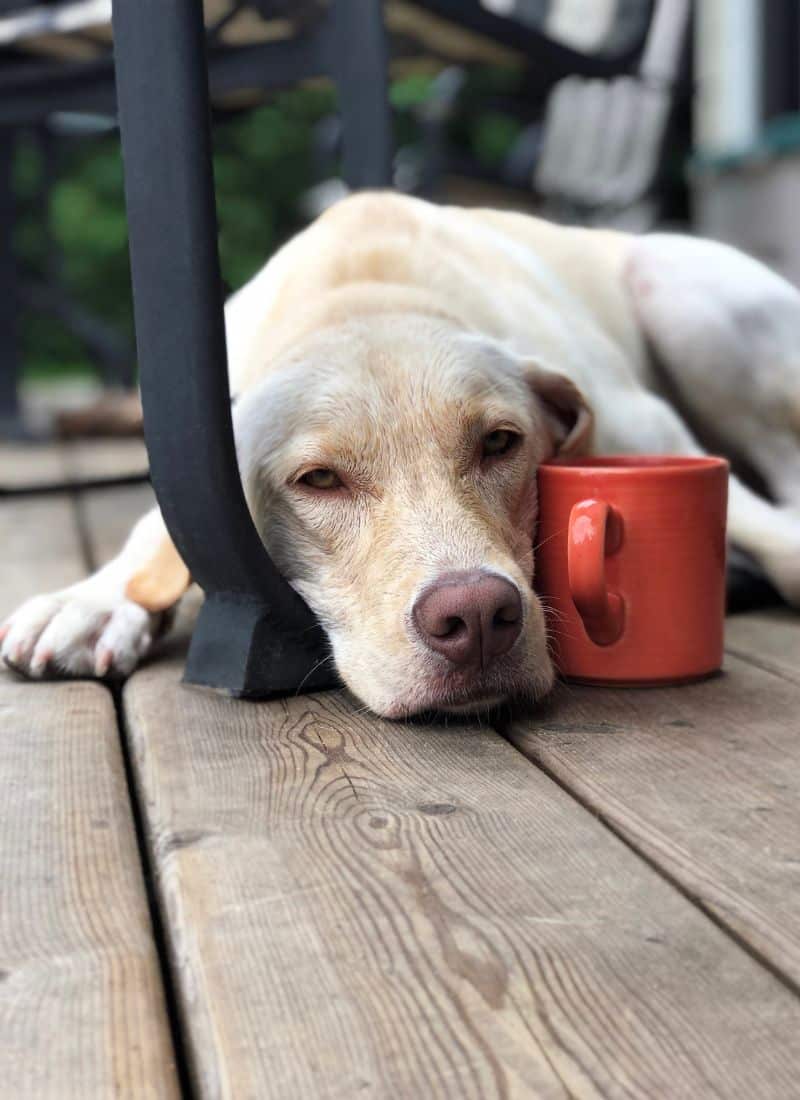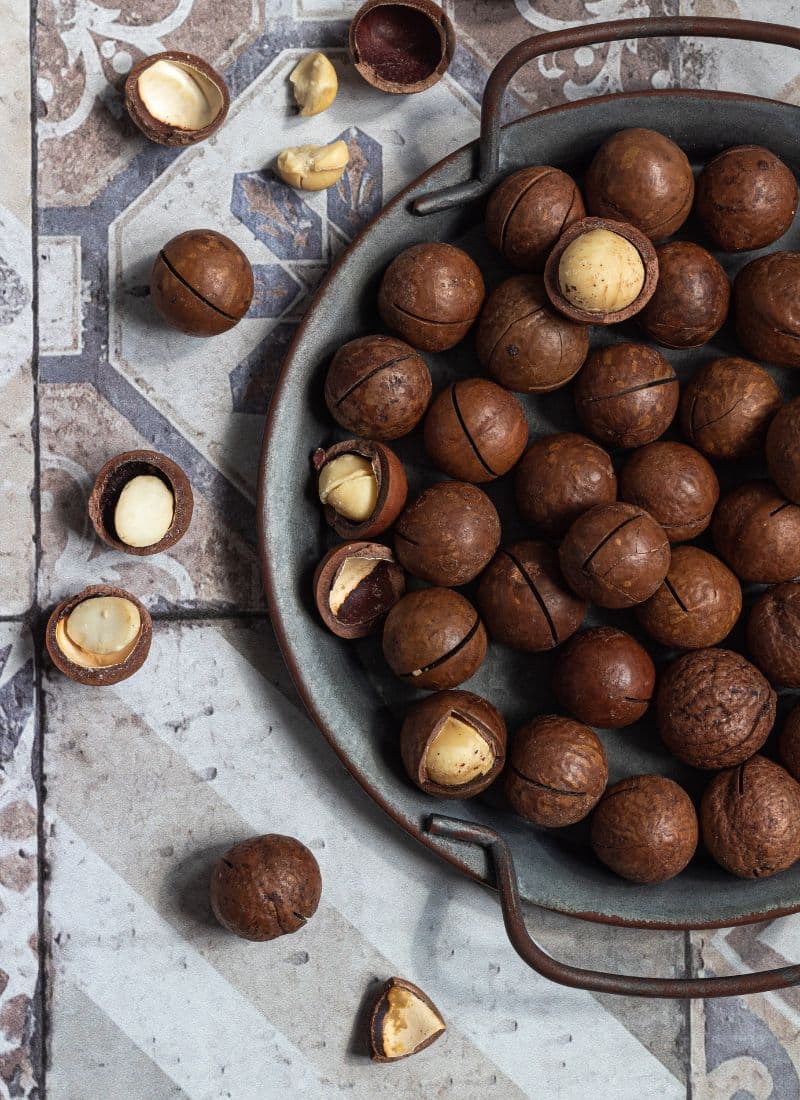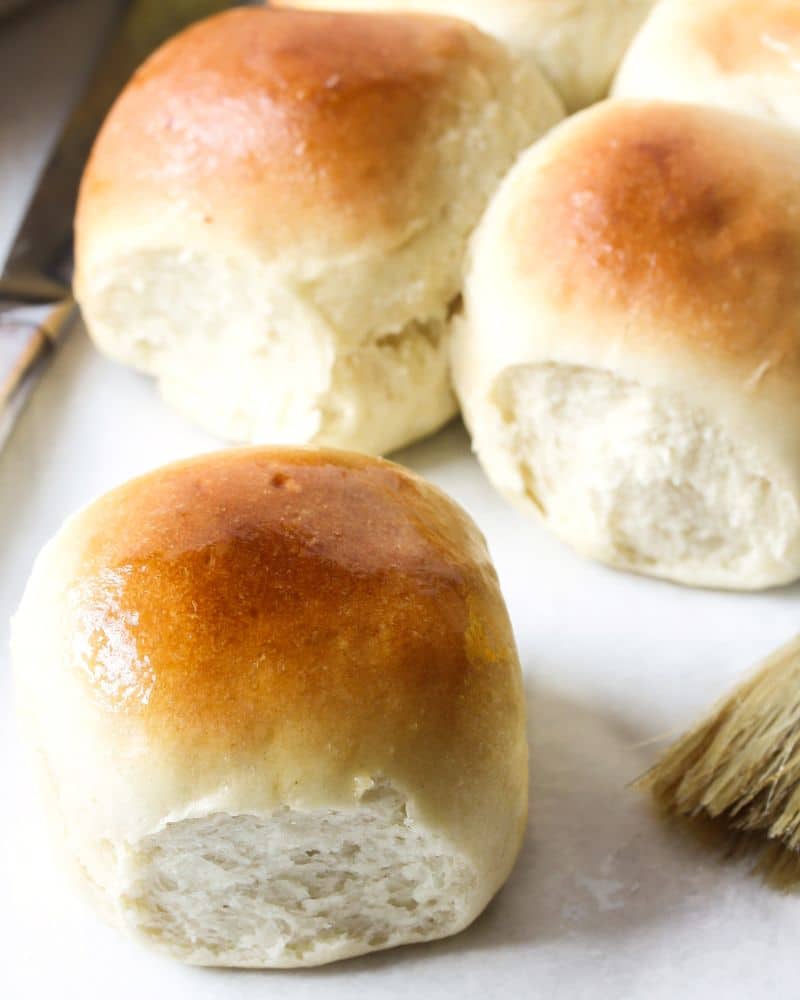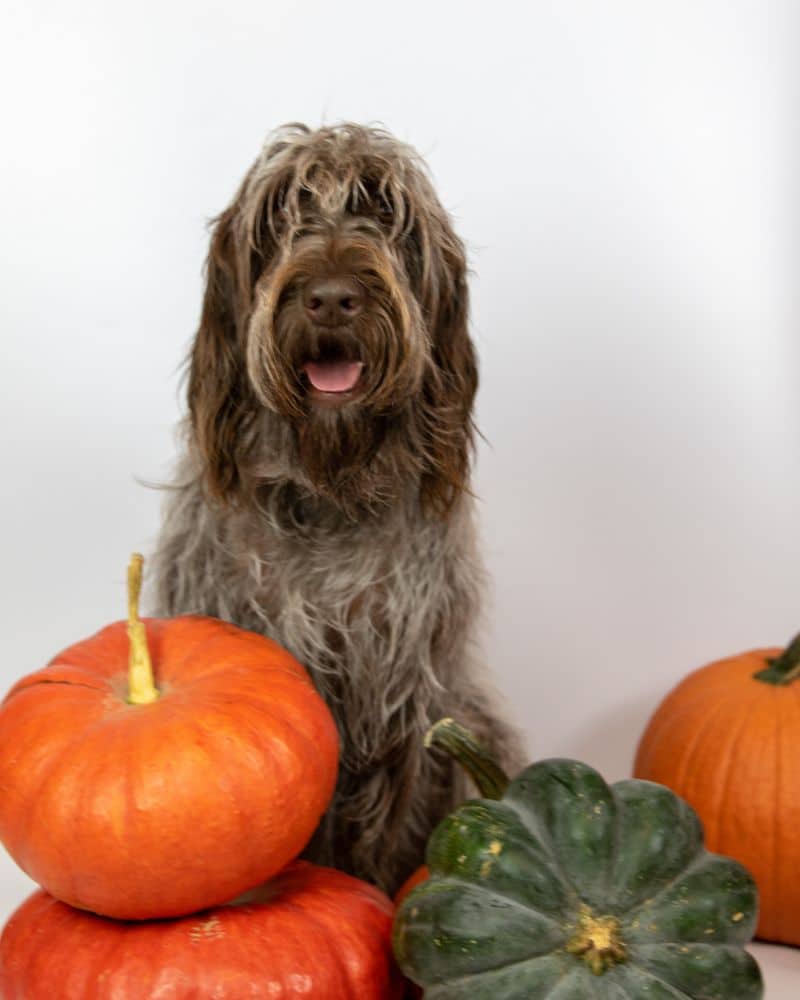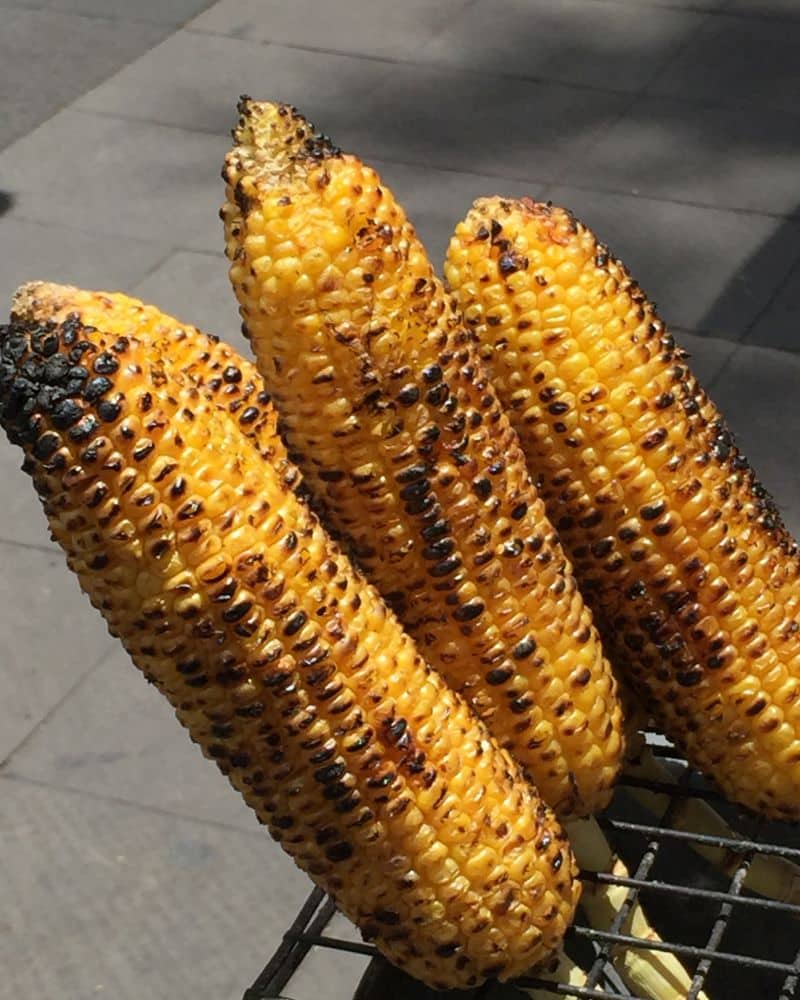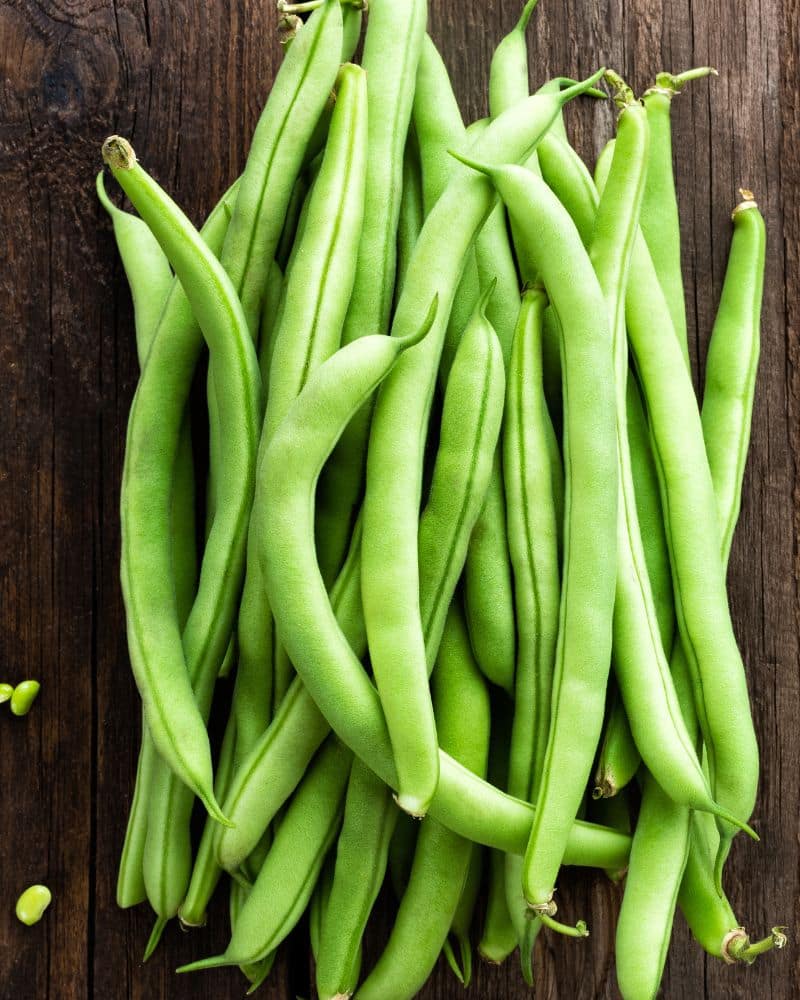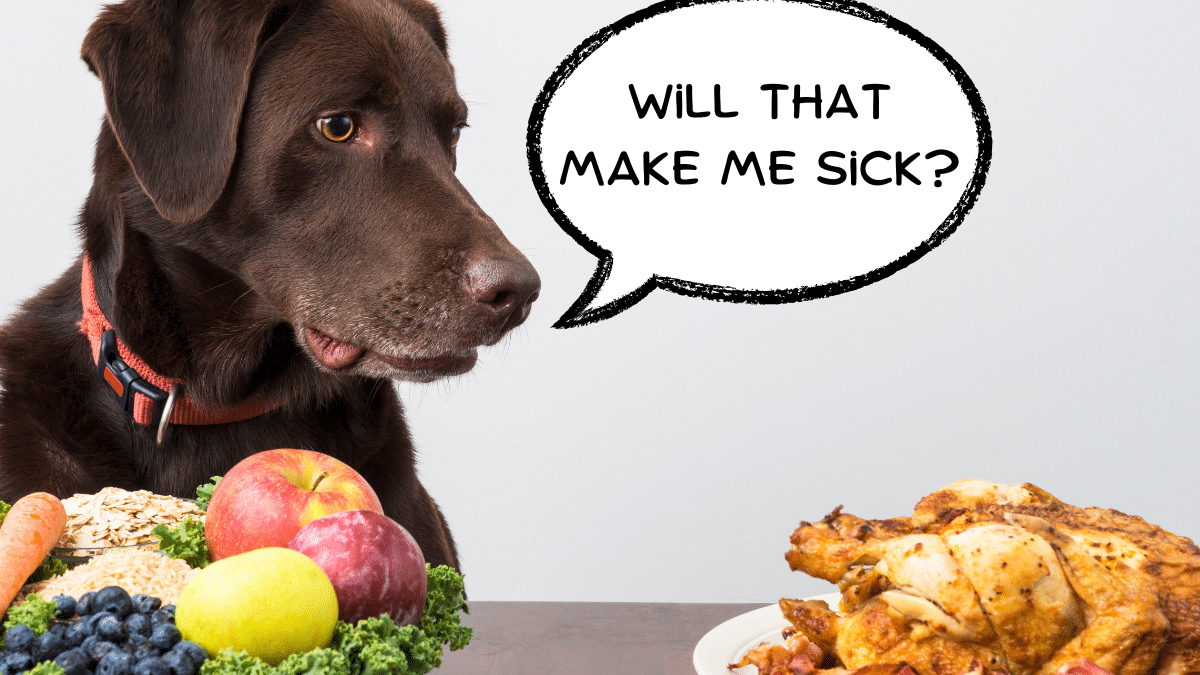
Thanksgiving is just around the corner, and you’re probably getting ready for a big feast with family and friends. But while you’re planning your menu, don’t forget about your furry family members.
Your pets might be eyeing those tasty dishes too, but not everything on your plate is safe for them to eat.
It’s easy to give in when your dog or cat gives you those pleading eyes during dinner.
But before you slip them a treat from the table, it’s important to know which foods could make them sick.
Some Thanksgiving favorites can be harmful or even dangerous for pets.
You can keep your four-legged pals happy and healthy during the holiday by learning what’s okay and what’s not.
Which Thanksgiving foods can hurt your pets?
1. Onions, Garlic, Shallots, Leeks, and Chives
Can dogs eat stuffing? These savory dishes, like stuffing and dressing, often include garlic, onions, or chives as key ingredients.
These ingredients belong to the Allium genus, which is highly toxic to dogs. Even small amounts can damage red blood cells, though symptoms may not appear until the body’s ability to replace these cells is overwhelmed.
In large enough quantities, these foods can lead to life-threatening anemia due to the destruction of red blood cells. Always keep stuffing and dressing off your dog’s plate to avoid serious health risks.
2. Ham and turkey skin
On Thanksgiving, pet parents should avoid feeding fatty foods, like ham, bacon or poultry skin products to dogs and cats.
Because ham and bacon are high in fat, these ingredients can cause pancreatitis, upset stomach, vomiting and diarrhea.
In one study published in the Canadian Veterinary Journal, ingestion of unusual or human foods increased the odds of developing pancreatitis.2
Pork is also high in fat, which can lead to obesity in pets. Even a small amount of can contribute a very large amount of calories to a small dog or cat’s diet, leading to harmful weight gain.
3. Poultry bones
Turkey bones, along with any cooked bones, are unsafe for dogs and cats. These bones can splinter into sharp fragments, leading to serious health risks, including:
- Severe indigestion
- Vomiting
- Bowel obstruction
- Damage to the stomach and intestinal walls
- Perforation of organ linings, potentially causing a life-threatening abdominal infection
To keep your pets safe, discard turkey bones securely and ensure they are out of reach. Opt for vet-approved chew treats instead.
4. Milk products
Mashed potatoes are a Thanksgiving favorite, but they often contain butter and milk, which aren’t ideal for pets. While plain, cooked potatoes are safe, many adult dogs and cats are lactose intolerant and lack the enzyme lactase needed to digest dairy.
Consuming dairy can lead to stomach upset, diarrhea, and discomfort in pets. Stick to plain, unseasoned potatoes if you want to share a small, safe bite with your furry friend.
5. Grapes and raisins
Thanksgiving salads like fruit salad, Waldorf salad, and ambrosia often include grapes or raisins, which are extremely toxic to pets. Grapes, raisins, sultanas, and Zante currants all belong to the plant species Vitis vinifera, and their consumption can cause severe kidney damage in dogs.
It’s believed that tartaric acid in grape skins may be the culprit behind this toxicity, which can lead to life-threatening and potentially irreversible kidney failure. While toxicosis is primarily documented in dogs, there are anecdotal cases in cats and ferrets as well.
To protect your pets, keep all dishes containing grapes or raisins far out of reach.
6. Sugar-free treats
Sugar-free desserts should be avoided entirely, as many contain xylitol, a highly toxic artificial sweetener. Just a small amount of xylitol can cause a dangerous drop in blood sugar in pets, leading to symptoms like weakness and seizures.
For a dog weighing 65 pounds, consuming as little as five pieces of xylitol-sweetened gum could be fatal. Xylitol is equally dangerous for cats, with even a small amount potentially causing liver failure in both cats and dogs.
Keep all sugar-free desserts, gums, and candies safely stored away from pets.
Watch out for desserts with artificial sweeteners. Some, like xylitol, can be super toxic to pets. Even a small amount can cause big problems, so keep these sweets to yourself.
7. Chocolate Chocolate Chocolate!
While pumpkin pie takes the spotlight at Thanksgiving, many households also serve chocolate-based desserts. It’s a well-known fact that chocolate is toxic to dogs and cats, but it’s worth repeating during this food-filled holiday.
Chocolate contains theobromine and caffeine, which can cause serious health issues in pets, including vomiting, diarrhea, seizures, and even heart failure. Dark chocolate and baking chocolate are especially dangerous due to their higher concentration of theobromine.
Keep all chocolate treats far out of reach to protect your furry friends.
8. Coffee and tea
While you might enjoy a cup of coffee or tea after your Thanksgiving feast, these beverages are dangerous for pets. Caffeine, found in both coffee and tea, contains methylxanthines, which are highly toxic to animals.
In pets, caffeine can cause:
- Vomiting
- Seizures
- Irregular heartbeats
- Potentially fatal diarrhea
These effects are similar to chocolate toxicity and pose a risk for both dogs and cats. Ensure coffee grounds and tea bags are properly disposed of to prevent accidental ingestion.
9. Certain nuts
Macadamia nuts are uniquely toxic to dogs, though the exact reason why remains unknown. Other animals don’t seem to be affected, but in dogs, macadamia nut ingestion can lead to symptoms such as:
- Tremors
- Overheating
- Vomiting
- Weakness
Even small amounts can be problematic—just one nut per two pounds of body weight can trigger symptoms in dogs. Although macadamia nut poisoning is rarely fatal, it can cause significant discomfort, and recovery typically takes 24 to 48 hours.
Walnuts, especially if moldy, can also be harmful, so keep both types of nuts out of reach to protect your pets.
10. Alcoholic drinks
While enjoying a glass of wine or a cocktail with Thanksgiving dinner, remember to keep it away from your pets. Even a small amount of alcohol is dangerous for dogs and cats, potentially causing:
- Heart arrhythmia
- Low blood pressure
- Breathing difficulties
- Vomiting
- Coma
- Death
Due to their small size, pets are especially vulnerable to alcohol poisoning, which can quickly lead to a trip to the emergency vet. To keep your furry friends safe, make sure all alcoholic beverages are out of their reach.
11. Nutmeg
Nutmeg, a key ingredient in many Thanksgiving dishes, can be harmful to dogs and cats if consumed in significant amounts. The spice contains myristicin, a compound that can cause:
- Hallucinations
- High blood pressure
- Seizures
While small amounts of nutmeg baked into treats are unlikely to cause harm, ingesting large quantities or eating straight nutmeg could pose a serious risk.
To keep your pets safe, ensure nutmeg and nutmeg-containing foods are out of reach.
12. Bread dough
Raw dough is surprisingly risky for pets. If they eat it, it can keep rising in their stomach, causing pain and other problems. Stick to sharing small bits of fully baked bread if you must.
Remember, the best way to keep your pets safe during Thanksgiving is to stick to their regular food.
If you want to give them a special treat, ask your vet for safe options. Keep an eye on your furry friends during the festivities, and make sure your guests know what not to share.
With a little care, you can have a happy, pet-safe holiday!
Which Thanksgiving foods can your pets enjoy?
1. Turkey without the trimmings
You can treat your furry friend to some plain turkey meat this holiday. Just make sure it’s free of skin, bones, and seasoning. A small piece of white meat is a tasty reward for your dog or cat.
2. Plain pumpkin
While pumpkin pie is off-limits, canned pumpkin can be a healthy snack for your pet. Look for pure pumpkin without any added sugars or spices. A spoonful can be a yummy treat while you enjoy your dessert.
3. Herbs for flavor
Good news! If your pet nibbles on some sage or rosemary, there’s no need to worry.
These herbs are safe for cats and dogs. Just keep an eye out to make sure they don’t eat too much.
4. Simple spuds
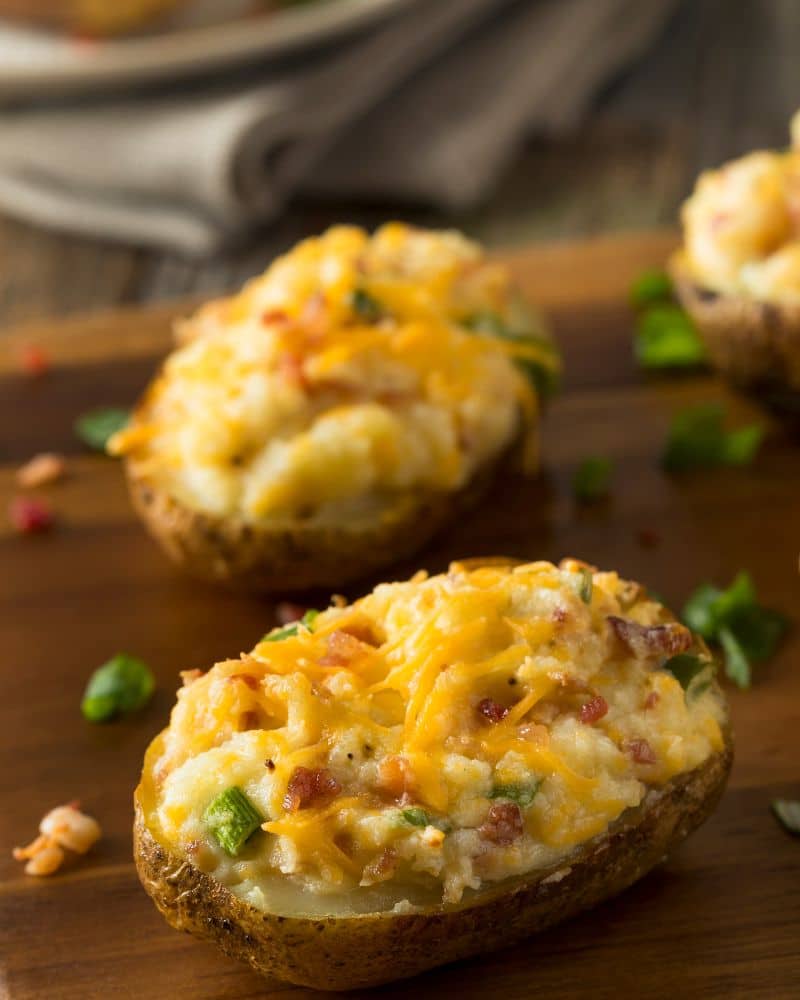
Both white and sweet potatoes are okay for your pet in small amounts. Make sure they’re fully cooked and plain – no butter, milk, or toppings. Skip the raw potatoes, as they can be harmful to your furry friends.
5. Corn off the cob
Your pet can join in on the corn feast too. Just make sure it’s plain, off the cob, and free of butter or salt. A few kernels can be a fun treat for your dog or cat.
6. Green beans without the fuss
Plain green beans are a healthy snack for your pets. Set aside some cooked beans before you add them to any casseroles or dishes. Skip the seasonings and toppings to keep it safe for your furry pals.
Remember, these foods are treats and should be given in small amounts. Always check with your vet if you’re unsure about a food.
Keep your pet’s regular diet as the main course, and use these Thanksgiving foods as special extras. With these safe options, your pets can join in the holiday fun without any tummy troubles.
What to do when your furry friend eats something bad
If your pet gobbles up something they shouldn’t, don’t panic! Stay calm and take action. Here’s what you need to do:
Call your vet right away. They’re your best resource in this situation. Describe what your pet ate and how much. Your vet can guide you on the next steps.
Watch for warning signs. Keep an eye out for:
- Vomiting
- Diarrhea
- Unusual behavior
- Swollen belly
- Signs of pain or distress
These could mean your pet is in trouble.
Know when to induce vomiting. Sometimes making your pet throw up can help. But don’t do this without talking to a vet first. Some things can cause more harm coming back up.
Be ready with info. Try to figure out:
- What your pet ate
- How much they ate
- When they ate it
This info helps your vet decide on treatment.
Don’t wait to get help. Quick action can make a big difference. Some toxins work fast, so time is crucial.
Keep dangerous items out of reach. The best cure is prevention. Store harmful foods, plants, and other items where pets can’t get them.
Have a pet poison hotline number handy. Save it in your phone for quick access in emergencies.
Know your pet’s normal behavior. This helps you spot when something’s off.
Consider pet insurance. It can help cover costs if your pet needs emergency care.
Be extra careful during holidays. Thanksgiving and other celebrations often mean more risky foods are around.
Learn which foods are safe and unsafe. Some human foods are fine for pets, but others can be toxic. Educate yourself to keep your furry friends safe.
Create a pet-safe environment. Remove or secure items that could be harmful if eaten.
Prepare a pet first-aid kit. Include items like hydrogen peroxide (for inducing vomiting if advised by a vet).
Never give human medicine to pets. It can be very dangerous.
If you’re unsure, ask. When in doubt about whether something is safe for your pet, check with your vet.
Keep these tips in mind to handle the situation if your pet eats something they shouldn’t. Quick thinking and the right actions can help keep your furry friend safe and healthy.
